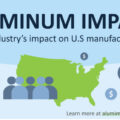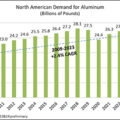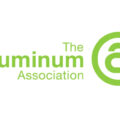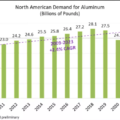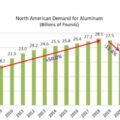The 25% tariffs imposed by Trump on steel and aluminum began on March 12, prompting countermeasures in other countries. Exemptions for Canada and Mexico have already expired, and the European Commission plans to reintroduce tariffs on U.S. products, while Canada has already applied a 25% tariff on various U.S. products.
Economists warn that tariffs may benefit U.S. companies in the short term, but retaliation complicates the situation. The industrial recyclers sector views this news with some concern. On one hand, they expect increased demand for domestic metals; on the other, they also fear the uncertainty of trade policy. Perhaps, with the future increase in recycling, this situation could be partially alleviated.
The Aluminum Association supports some tariffs but opposes taxes on Canadian aluminum, as exports of recycled materials are key to the industry. Despite efforts to reduce dependence on foreign metals, the conflict with Canada and the potential destabilization of global markets worry industry players.
Several industry groups have expressed their discontent over the start of Trump’s conflict with Canada, a key supplier of steel and aluminum to the United States. According to the U.S. Geological Survey, Canada accounted for more than 50% of aluminum imports and more than 20% of steel and iron imports until 2023.
Unions and associations urge for a measured policy that does not harm relations with key allies like Canada. However, some fear that tariffs may have negative effects on the recycled materials market if there is not enough domestic demand.



